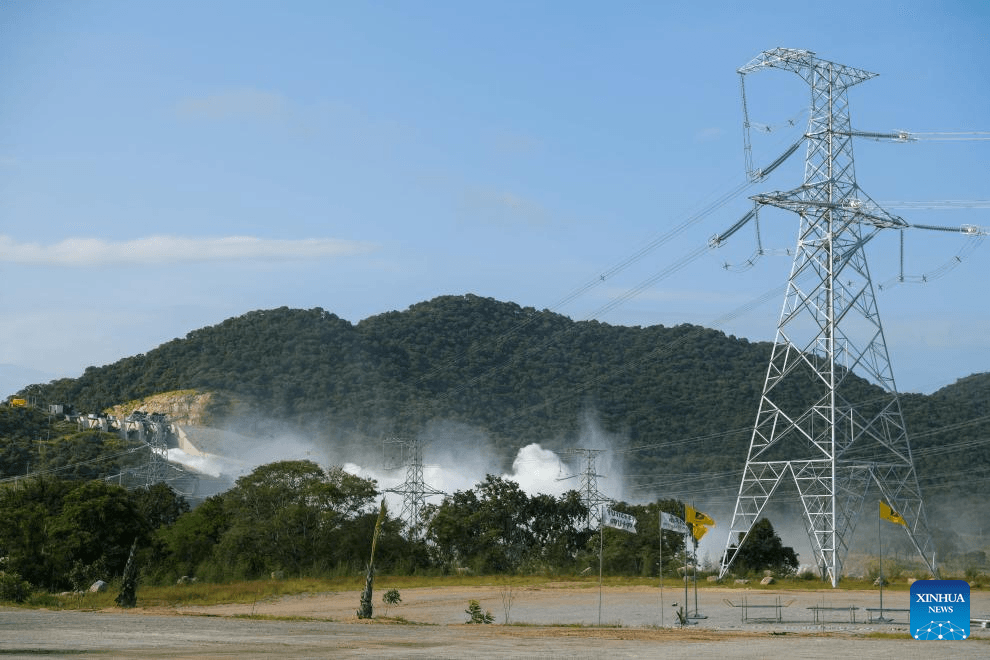Covid-19 has made life doubly hard for Rebeccah Edemi. The 16-year-old who lives in Kakuma Refugee camp, in northern Kenya, was already concerned about passing her exams without having been able to attend regular classes.
But with schools closed she no longer receives her monthly pack of free sanitary pads either. To discourage girls from skipping class, the pads were regularly given out at school, reducing stigma and shame often felt by girls during their menstrual cycle.
Rebeccah looks downcast as she quietly explains how she has been coping with her monthly menstrual hygiene needs in the meantime. “I borrow from friends and promise to return when I get some pocket money,” she says.
To assist girls in Kakuma and Kalobeyei, Unicef has stepped in to provide 500 beneficiaries aged 10 to 18 with “dignity kits” with funding support from the Dutch Government and assistance from implementing partners The Lutheran World Federation, Finn Church Aid and Windle International Kenya.
The dignity kits contain soap, a toothbrush and toothbrush, underwear, a pair of sandals, sanitary pads, rolls of tissue paper, a solar lamp, a comb, oil and a leso cloth.
At the same time as the dignity kits are assisting girls in need, another Unicef initiative being promoted in the camps known as “adolescent clubs” is providing support to both girls and boys.
At the clubs, young people receive information and training on issues affecting their growth and development, as well challenges they might face concerning school administration processes. In total 32 adolescent clubs have been established in 21 refugee schools and 11 host community schools reaching 1,573 learners.
Unicef Kenya chief of education Marilyn Hoar said young people who underwent training utilised their newly learned life skills to make informed choices. “The training equips both boys and girls with skills that teach them to avoid negative relationships that can impact their education.”
The training is accompanied by an outreach programme that encourages healthy social interactions where members of adolescent clubs are asked pass on the information and training they’ve received to their siblings.
“The programme has led to an improvement in school attendance, increased the number of learners taking up leadership roles, and retention through the academic calendar,” Hoar said.
Unicef in coordination with UNHCR, and with grants and support from the Dutch Government and ECHO, facilitates a number of educational interventions for more than 90,000 children in the refugee settlement areas.










